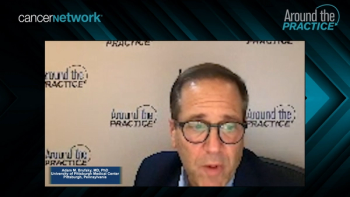
Videos

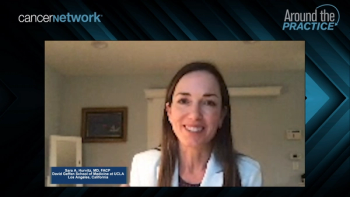
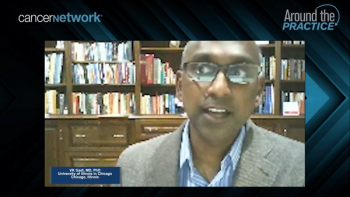
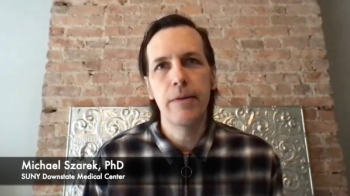
A Q-TWiST analysis evaluated the use of tivozanib versus sorafenib among patients with advanced renal cell carcinoma included in the phase 3 TIVO-3 study.
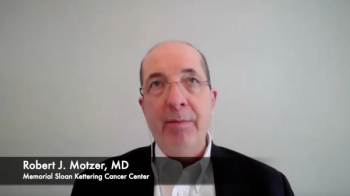
Investigators compared lenvatinib plus either pembrolizumab or everolimus versus sunitinib in patients with advanced renal cell carcinoma in the CLEAR trial.
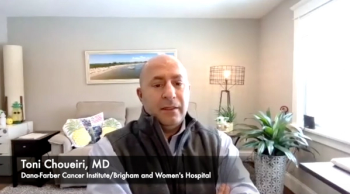
An expert discusses how new data from the phase 3 CheckMate 9ER trial impact therapy choice in previously untreated advanced renal cell carcinoma.
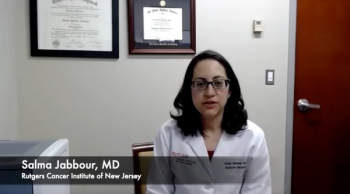
The chief of Gastrointestinal Radiation Oncology at the Rutgers Cancer Institute of New Jersey spoke about the possible implications of the KEYNOTE-799 study findings.

The medical oncologist and physician scientist based at the University of Texas MD Anderson Cancer Center explained recommendations for SARS-CoV-2 vaccination in patients participating in phase 1 oncology clinical trials.
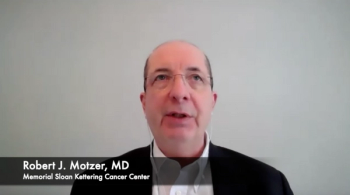
The CLEAR trial compared treatment with lenvatinib plus either pembrolizumab or everolimus versus sunitinib in patients with advanced renal cell carcinoma.
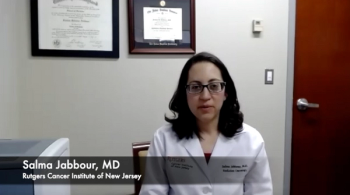
The chief of Gastrointestinal Radiation Oncology at the Rutgers Cancer Institute of New Jersey discussed updated results from the study of pembrolizumab plus concurrent chemoradiation therapy in patients with unresectable, locally advanced, stage III non–small cell lung cancer.
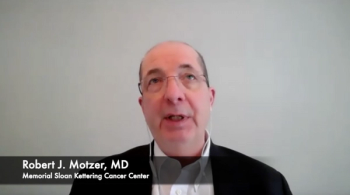
In the CLEAR study, investigators compared lenvatinib plus either pembrolizumab or everolimus versus sunitinib in patients with advanced renal cell carcinoma.
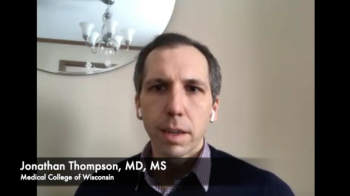
The trial demonstrated that combination treatment with bemcentinib and pembrolizumab was well tolerated and clinically active in patients with checkpoint inhibitor (CPI)–naïve and CPI–refractory composite AXL (cAXL)–positive non–small cell lung cancer.
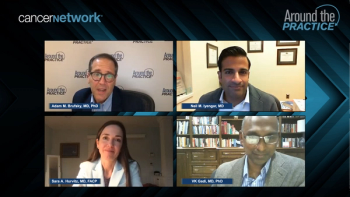
Recommendations for managing 2 patient cases specific to HER2-positive metastatic breast cancer and optimizing therapy for specific patient populations within the HER2-positive space based on emerging treatments and changes to standards of care.
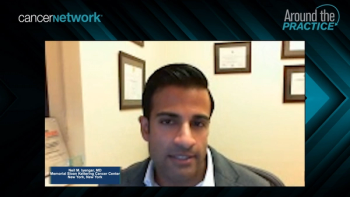
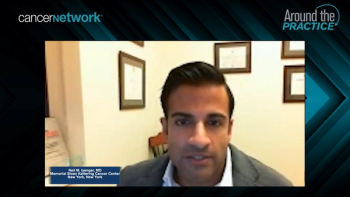
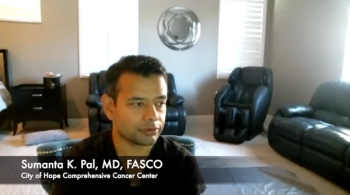
Pal discussed findings from the SWOG 1500 trial investigating sunitinib versus either cabozantinib, crizotinib, or savolitinib to treat patients with metastatic papillary RCC.
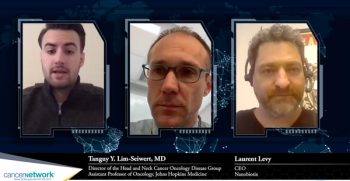
CancerNetwork® spoke with the CEO of Nanobiotix and an assistant professor of Oncology at John Hopkins Medicine to learn more regarding the potential of the radio enhancer NBTXR3.
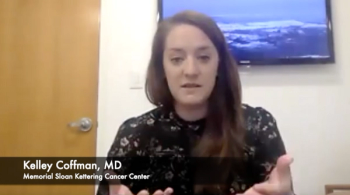
The hospitalist at Memorial Sloan Kettering Cancer Center discussed what she believes is most important for practicing oncologists to understand about a study of 177Lu-DOTATATE in well-differentiated, high-grade neuroendocrine tumors.
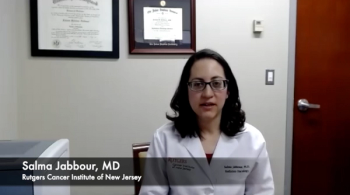
The KEYNOTE-799 study is evaluating pembrolizumab plus concurrent chemoradiation therapy in patients with unresectable, locally advanced, stage III non–small cell lung cancer.
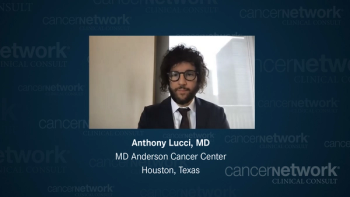





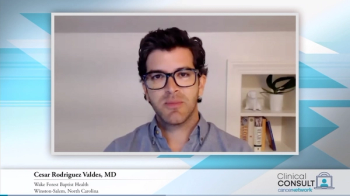



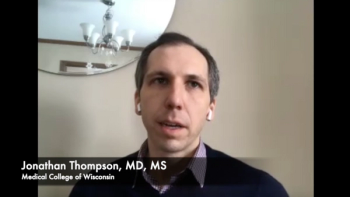
The ongoing phase 2 BGBC008 trial demonstrated that combination treatment with bemcentinib and pembrolizumab was well tolerated and clinically active in patients with checkpoint inhibitor (CPI)–naïve and CPI-refractory composite AXL-positive non–small cell lung cancer.

